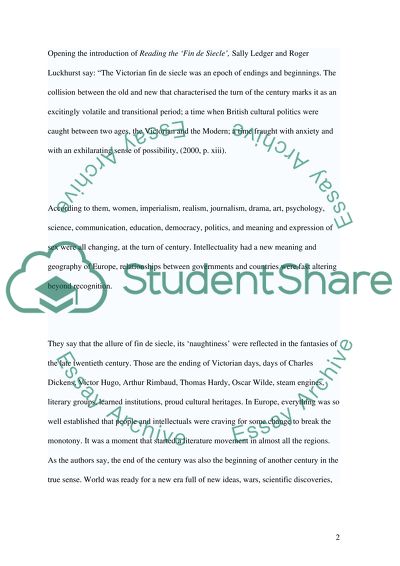Cite this document
(“End of the Century Essay Example | Topics and Well Written Essays - 2000 words”, n.d.)
End of the Century Essay Example | Topics and Well Written Essays - 2000 words. Retrieved from https://studentshare.org/architecture/1511128-end-of-the-century
End of the Century Essay Example | Topics and Well Written Essays - 2000 words. Retrieved from https://studentshare.org/architecture/1511128-end-of-the-century
(End of the Century Essay Example | Topics and Well Written Essays - 2000 Words)
End of the Century Essay Example | Topics and Well Written Essays - 2000 Words. https://studentshare.org/architecture/1511128-end-of-the-century.
End of the Century Essay Example | Topics and Well Written Essays - 2000 Words. https://studentshare.org/architecture/1511128-end-of-the-century.
“End of the Century Essay Example | Topics and Well Written Essays - 2000 Words”, n.d. https://studentshare.org/architecture/1511128-end-of-the-century.


